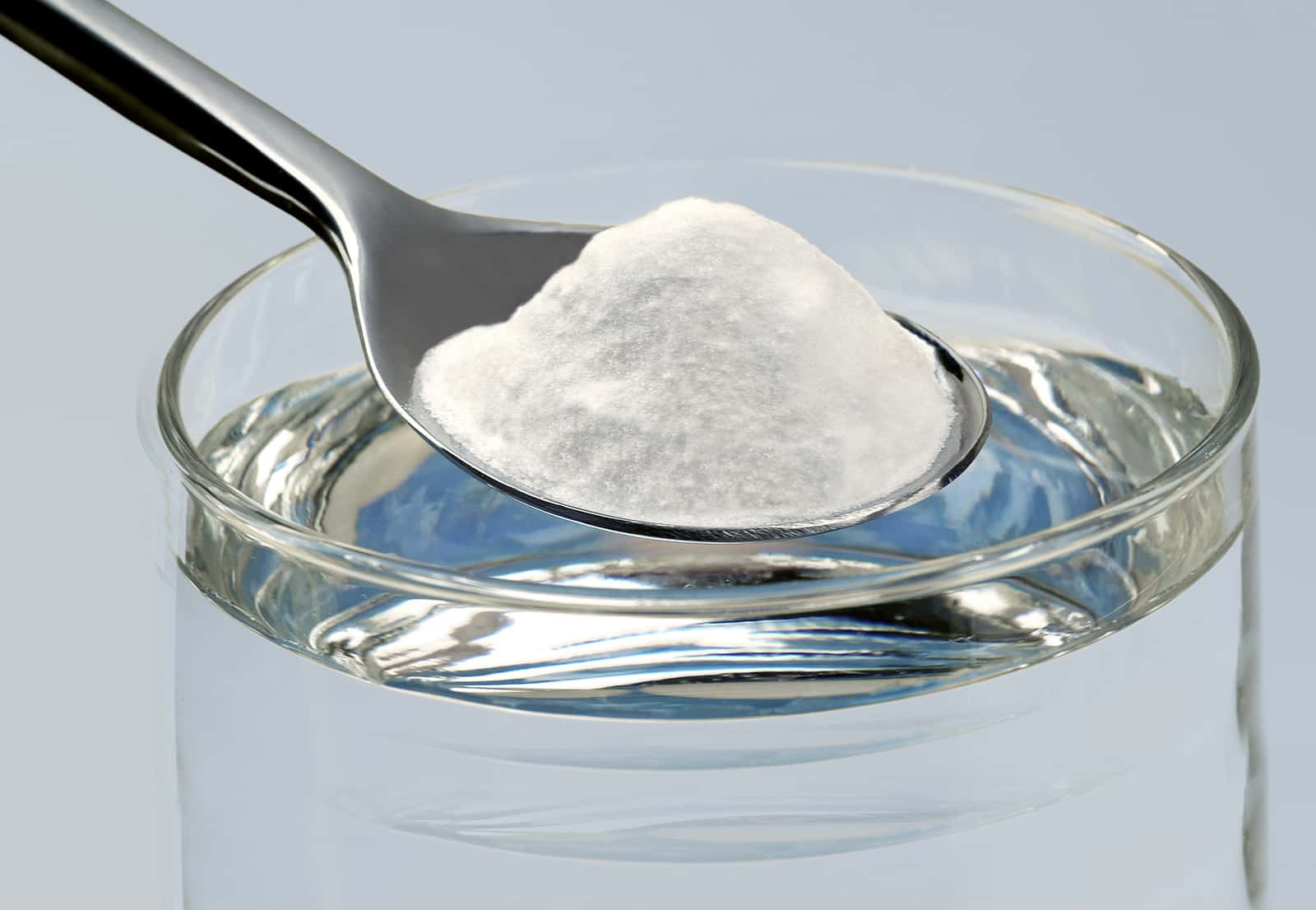
A half teaspoon of baking soda in water is a time-honored simple home remedy for indigestion. Many people with occasional heartburn find that this inexpensive approach works well. We have also heard from readers who use baking soda topically to ease the pain of insect stings. Others report that it can offer relief from the relentless itch of chigger bites. We were surprised, however, to hear that a reader finds baking soda helps fight ankle swelling.
How Does Baking Soda in Water Help Swelling?
Q. How long should one take a solution of half a teaspoon baking soda in a glass of water? It does reduce the swelling in my ankles.
A. Usually we recommend that baking soda be taken only occasionally, as needed for heartburn. Chronic heartburn deserves professional medical attention.
We were surprised that you find baking soda reduces swelling. Because it contains sodium (it is sodium bicarbonate), we have been concerned that baking soda in water could increase fluid retention.
Study Finds Sodium Bicarbonate Lowers Inflammation:
As a result of your letter, we looked for studies. Researchers have found that sodium bicarbonate can reduce inflammation (Journal of Immunology, May 15, 2018). Both rats and humans produced fewer inflammatory cells after a dose of baking soda in water. Perhaps that helps explain why you have less swelling.
However, to address your question of how long you could take it, we checked with the lead scientist on the study. He counseled against taking this solution daily until we have more research on its safety and effectiveness. More recent research in animals suggests that sodium bicarbonate stimulates cholinergic signals that reduce inflammatory immune cells. When animals have fewer such cells, they are less likely to have salt-sensitive hypertension (American Journal of Physiology. Renal Physiology, March 1, 2020). In summary, though, we don’t know whether humans react in the same way.
Citations
- Ray SC et al, "Oral NaHCO 3 activates a splenic anti-inflammatory pathway: Evidence that cholinergic signals are transmitted via mesothelial cells." Journal of Immunology, May 15, 2018. DOI: 10.4049/jimmunol.1701605
- Fehrenbach DJ & Mattson DL, "Inflammatory macrophages in the kidney contribute to salt-sensitive hypertension." American Journal of Physiology. Renal Physiology, March 1, 2020. DOI: 10.1152/ajprenal.00454.2019

